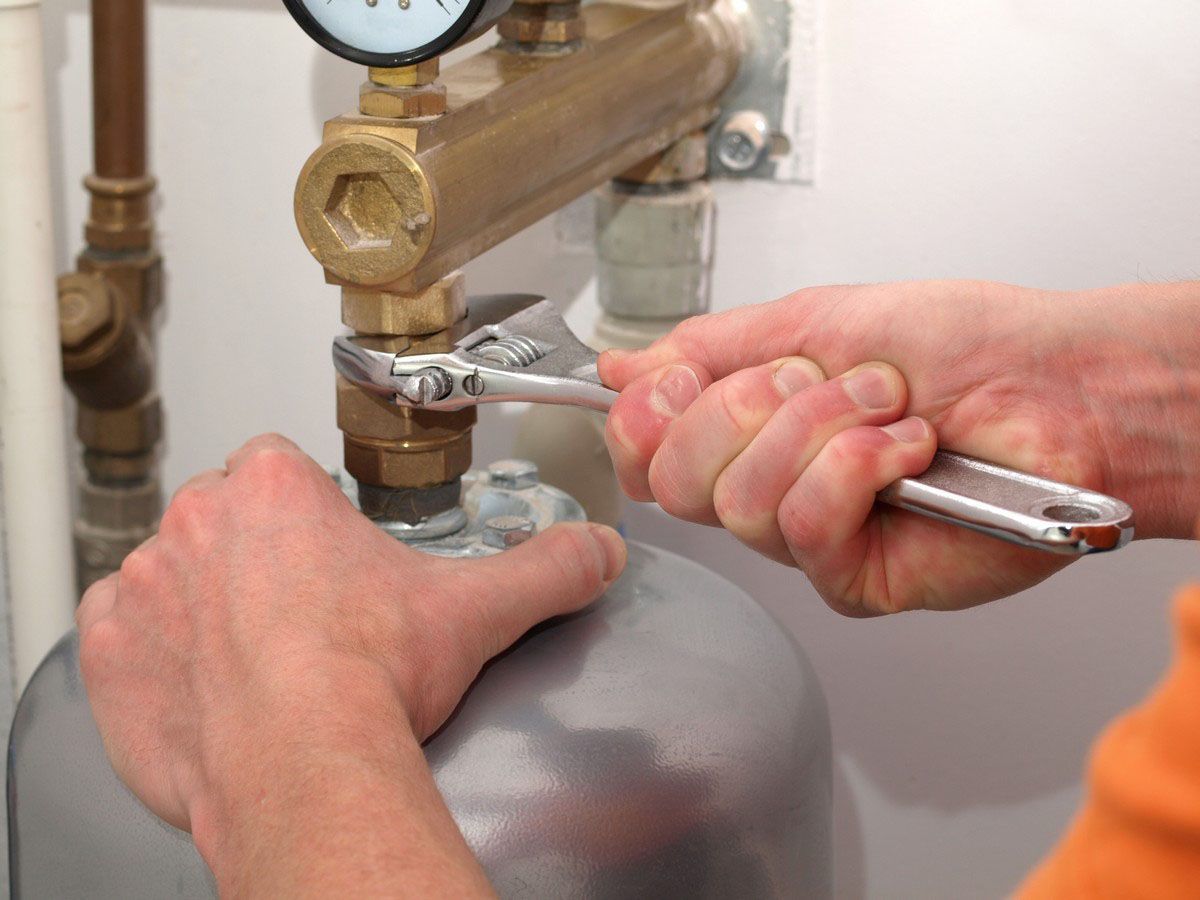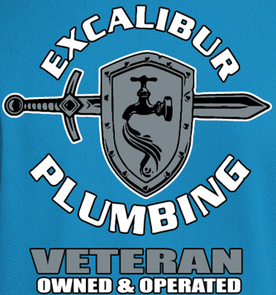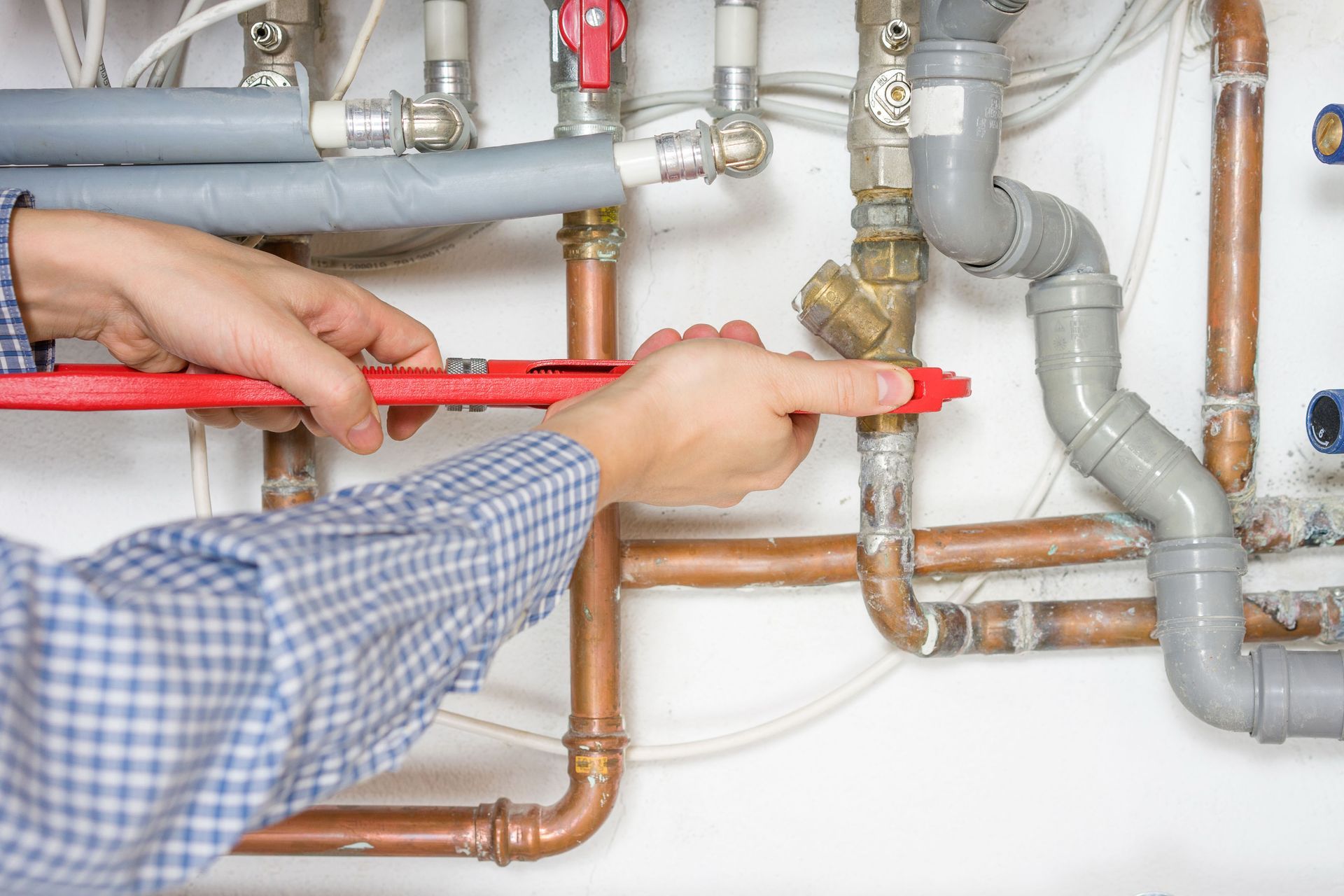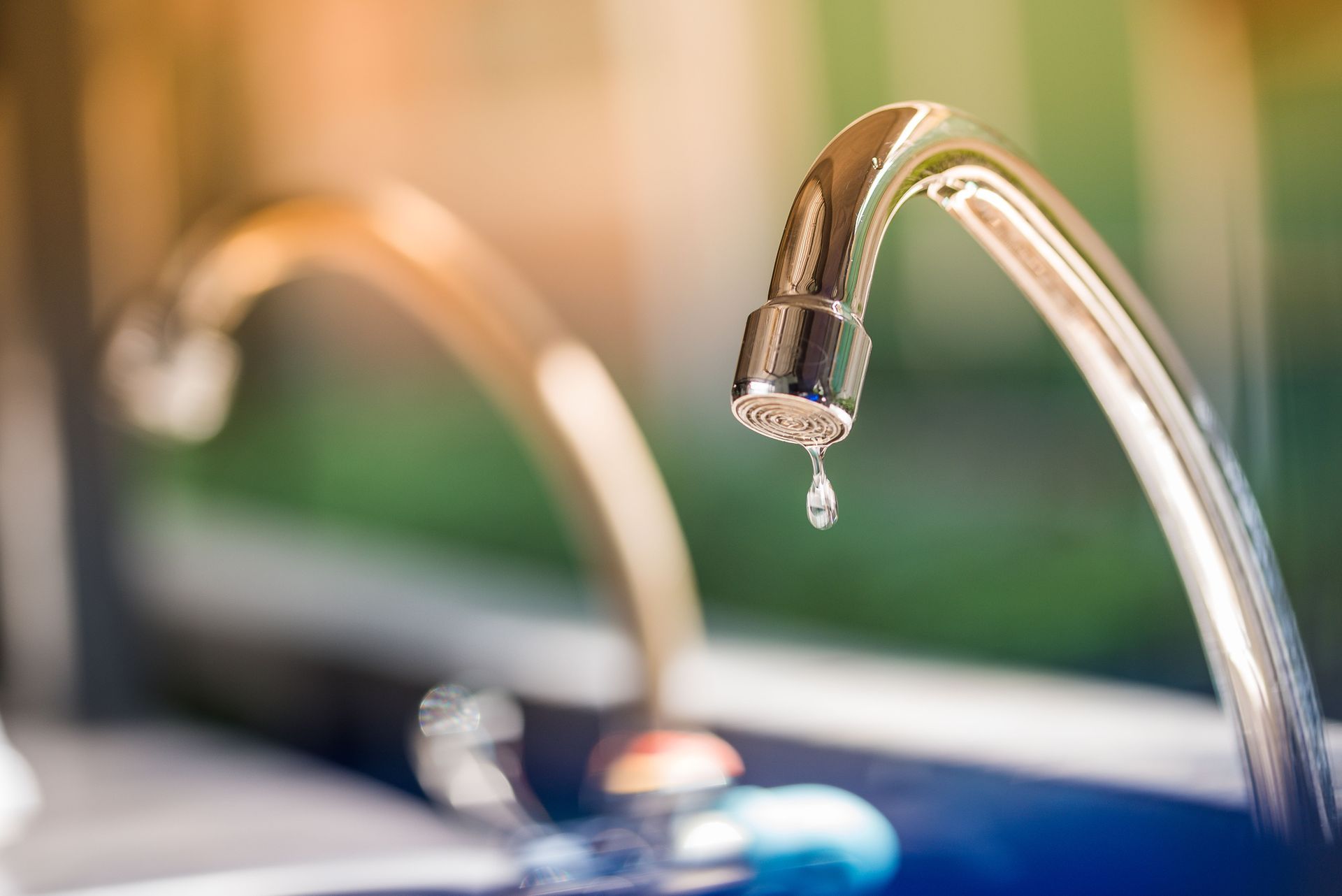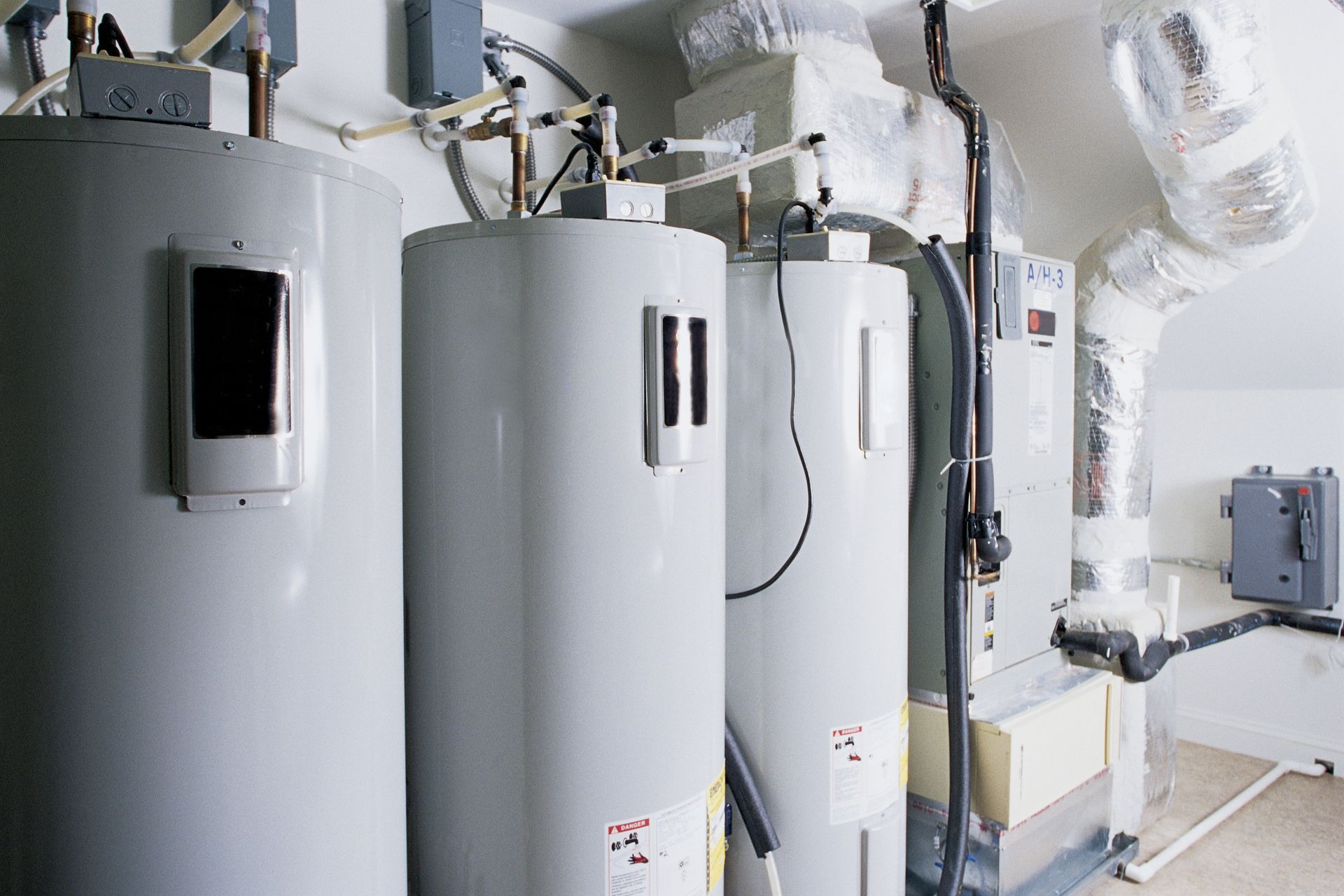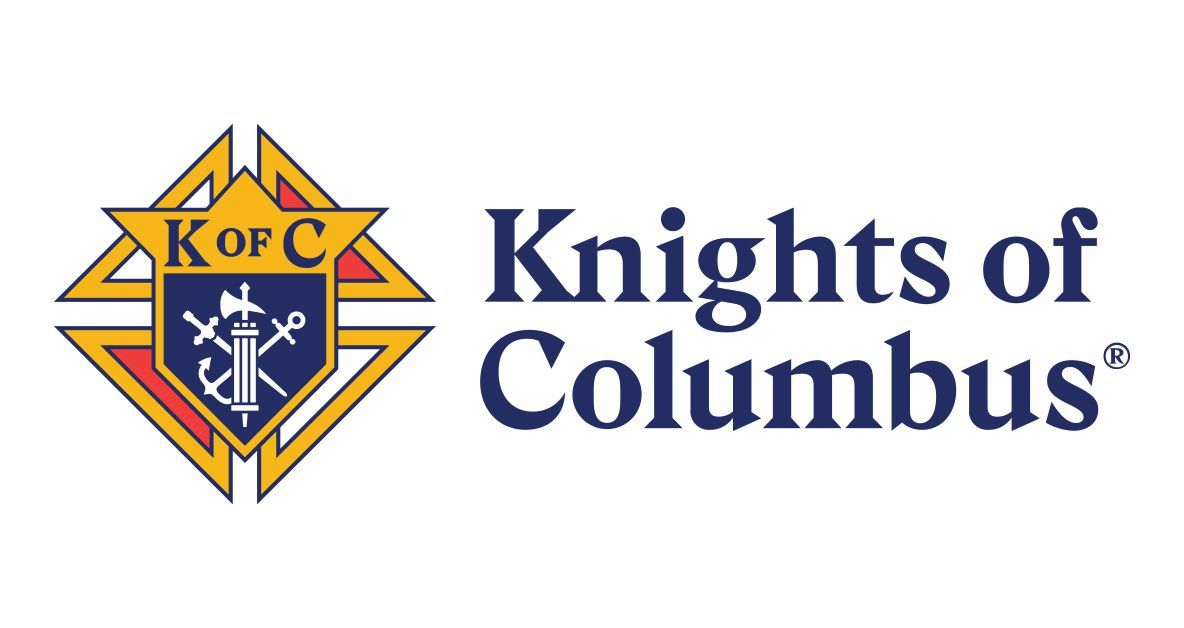October 31, 2025
Understanding the importance of water heater efficiency can lead to significant energy savings and environmental benefits. This article explores cutting-edge upgrades and techniques to optimize your water heater's performance. As energy consumption concerns rise, learning about effective ways to enhance existing systems is pivotal. By upgrading technologies and undergoing regular maintenance provided by water heater services, homeowners can significantly extend the life of their water heaters. In essence, maximizing water heater efficiency not only conserves energy but also reduces overall operational costs.
Understanding Water Heater Efficiency
Water heaters come in various forms, each with unique operational methodologies and efficiency levels. Conventional storage water heaters are the most common type found in homes, where water is stored and heated in a large tank. Tankless water heaters, on the other hand, don't store water but heat it on demand, thus potentially providing better efficiency. Hybrid water heaters merge the characteristics of conventional and tankless systems, capturing heat from the air to warm the water, which can offer significant energy savings. Deciding on the right type of water heater is crucial for maximizing efficiency in your residence.
The efficiency of a water heater is often determined by its Energy Factor (EF) rating, which considers the unit's overall efficiency based on its energy consumption. An EF rating takes into account factors such as heat loss and the energy consumed during operation. The higher the EF, the more efficient the water heater is likely to be, making it essential for consumers to understand these metrics when purchasing or upgrading units. Furthermore, interpreting these ratings correctly ensures that users select the most suitable water heater option for their household needs. By investing in high-EF-rated devices, households can reduce energy costs substantially over time.
Water heater efficiency is subject to stringent regulations and standards aimed at reducing energy consumption and environmental impact. According to Environment America Research & Policy Center, the water heater efficiency standards the DOE finalized in April 2024 can save over 17 quadrillion Btu of energy from water heaters sold over 30 years. These regulations necessitate the adoption of energy-saving technologies in new models and promote the retrofitting of existing units. Compliance with these standards not only contributes to global energy conservation efforts but also helps consumers reduce their energy bills. Understanding the regulatory landscape empowers homeowners to make savvy decisions about upgrades and purchases.
Smart Thermostat Integration
Smart thermostats offer advanced features that allow users to control water heater settings with precision and ease. These devices contribute to energy savings by allowing precise temperature control and scheduling around peak usage times. Convenience is a significant benefit, as users can manage settings remotely via smartphone apps, reducing unnecessary energy use. Additionally, smart thermostats can learn from user behaviors to optimize heating cycles automatically. Such innovations align with modern smart home trends, enhancing the overall efficiency of water heater systems.
Integrating smart thermostats with existing water heating systems requires careful consideration of compatibility and installation requirements. Most smart thermostats are designed to work with a range of water heaters, but checking compatibility beforehand is crucial to ensure seamless operation. Professional installation might be advisable for homeowners who aren't confident in tackling electrical work. A precise installation ensures that the thermostat operates correctly and safely, maximizing its energy-saving potential. Making an informed choice about the type of smart thermostat to install can yield significant long-term benefits.
Automation features are at the heart of smart thermostat technology, offering advanced scheduling, remote access, and adaptive learning capabilities. Users can program their water heaters to operate during off-peak hours when energy rates are lower, enhancing efficiency. Remote access through apps provides flexibility, allowing adjustments even when you're away from home. Adaptive learning means the thermostat can adjust settings over time to match user habits, optimizing performance further. These benefits underscore why smart thermostats are invaluable additions to modern water heating solutions.
Insulation and Retrofitting
Insulating a hot water tank is a straightforward, cost-effective method to reduce heat loss and improve efficiency. Applying an insulation blanket helps maintain water temperatures, reducing the frequency of reheating cycles. This insulation effort is most beneficial for older tanks or those located in colder environments where energy loss is more pronounced. While new models often come with built-in insulation, adding an extra layer can enhance performance further. Routine inspections of the insulation's condition ensure continued effectiveness and energy savings over time.
Optimizing the placement and insulation of pipes is crucial in maintaining water heater efficiency. Poorly insulated pipes can result in significant heat loss, particularly in colder environments. By ensuring pipes are adequately insulated, users can reduce unnecessary energy consumption and enhance system performance. Proper spacing between the water heater and walls or other structures helps improve airflow and prevent overheating. Addressing these considerations as part of regular maintenance can lead to prolonged efficiency and reduced energy usage.
Maintenance for Prolonged Efficiency
Regular flushing and cleaning of the water heater tank are essential practices for maintaining efficiency. Sediment and debris can accumulate in the tank, reducing its capacity and causing the heater to use more energy. By flushing the tank regularly, homeowners can prevent this build-up, ensuring consistent performance and energy savings. An annual cleaning schedule is recommended to keep the system functioning optimally over the long term. Neglecting this maintenance step could result in decreased efficiency and potential system failure.
The anode rod plays a vital role in rust prevention, and its condition directly affects the water heater's longevity. The rod attracts corrosive elements, preventing them from damaging the tank, which is why periodic inspection is essential. If the anode rod becomes too corroded, it needs replacement to continue safeguarding the system effectively. A simple inspection once or twice a year can protect the tank from premature corrosion. Maintaining an optimal anode rod condition significantly contributes to a water heater's efficiency and lifespan.
Advanced Technologies and Innovations
Heat pump water heaters represent a leap in energy efficiency, using ambient air to produce hot water for household needs. They work by capturing heat from the environment and transferring it to the water, reducing the amount of electricity required. Despite their higher initial costs, the substantial energy savings they offer over time justify the investment. As technology advances, heat pump water heaters become increasingly appealing to environmentally conscious homeowners. By incorporating this technology, users can enjoy efficient, effective hot water production with minimal environmental impact.
Harnessing solar energy for water heating is an innovative approach embracing sustainability and cost-effectiveness. Solar water heating systems capture the sun's energy to heat water, significantly reducing reliance on traditional energy sources. While they require a greater upfront investment, the resulting energy savings make them economical over time. These systems are particularly useful in sunny regions, where solar exposure is abundant. By adopting solar water heating, homeowners can significantly lower their energy bills and contribute to environmental conservation.
Adopting smart upgrades and maintenance practices significantly enhances water heater efficiency, yielding long-term savings and sustainability. By implementing these strategies, homeowners can ensure their systems are environmentally friendly and cost-effective, safeguarding their investment for years to come. As technology advances and awareness of energy conservation grows, choosing the right water heater upgrades becomes increasingly important. An efficient water heater not only benefits the individual household but also contributes positively to broader environmental goals. By making informed decisions, consumers align themselves with the ongoing shift toward a more sustainable future. For
water heater services you can count on, contact Excalibur Plumbing Pearland today.
